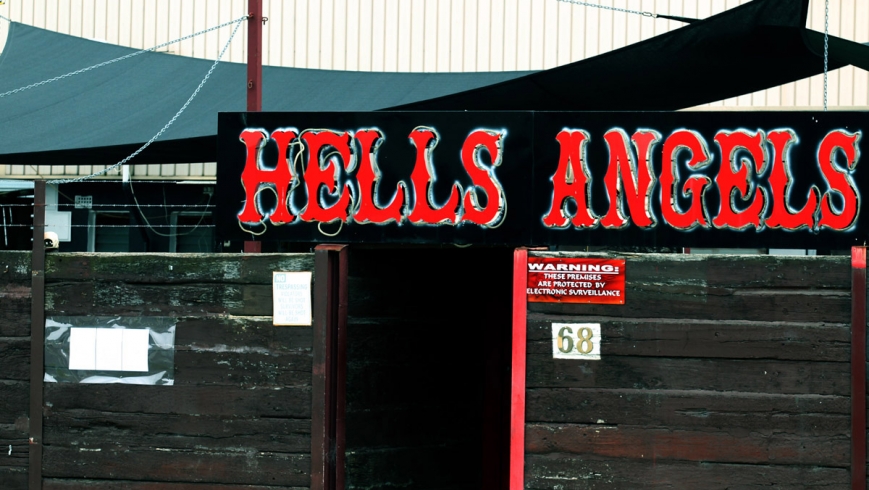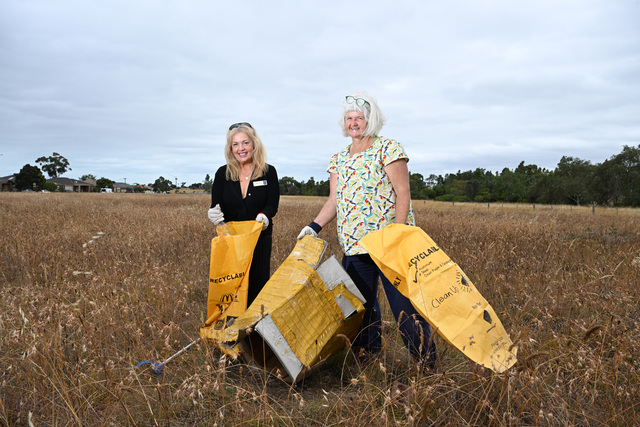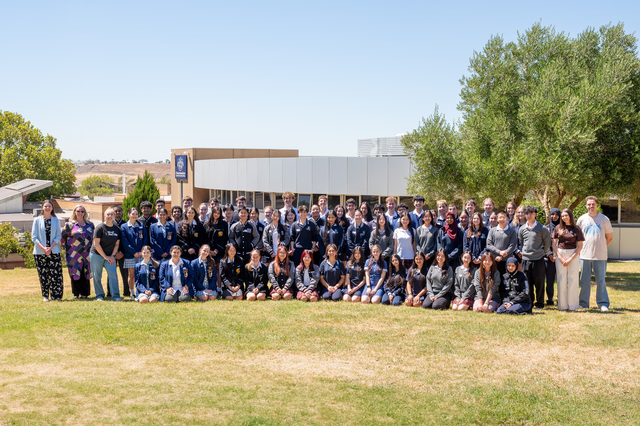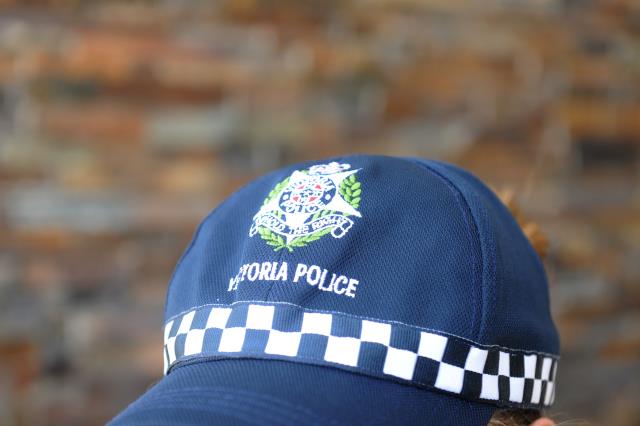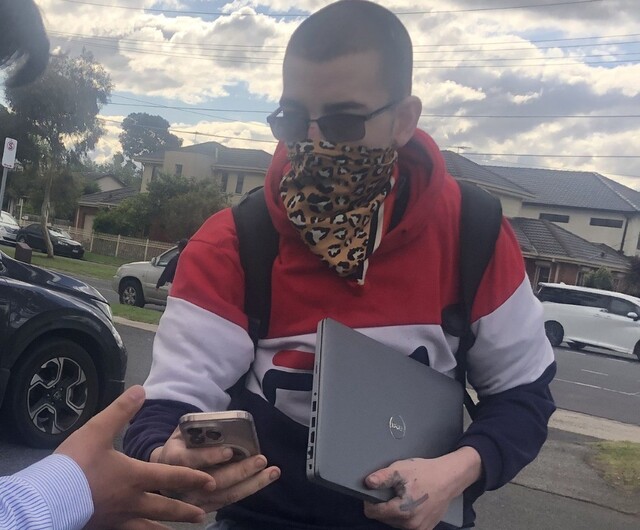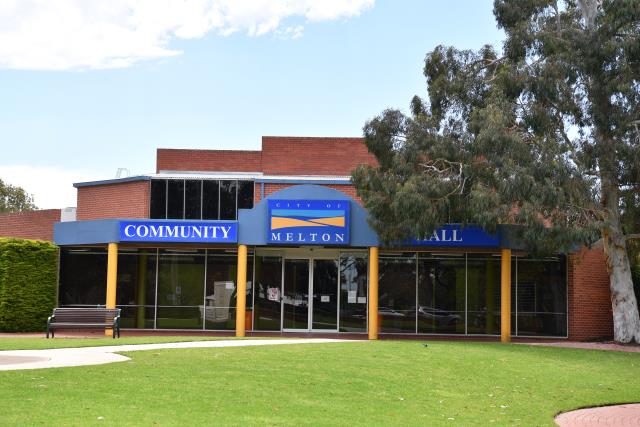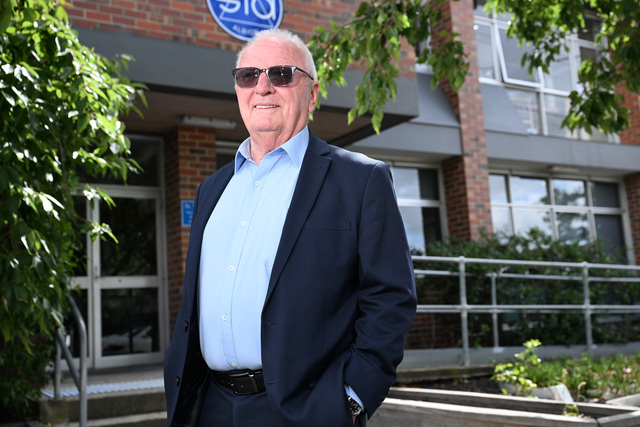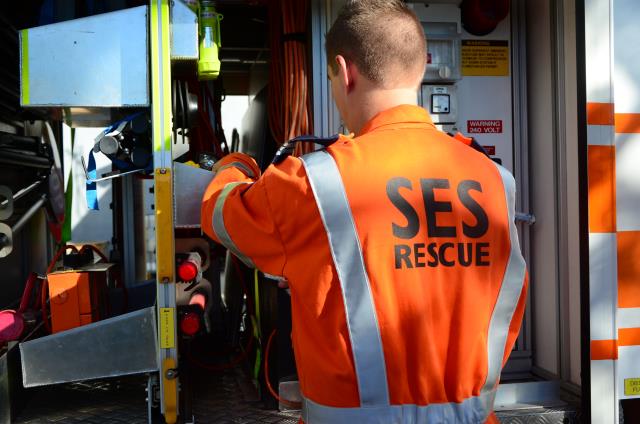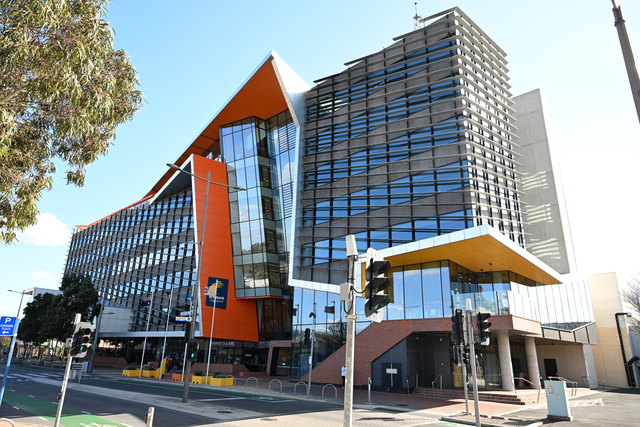The Hells Angels Nomads outlaw bikie gang is mobilising its forces to fight an order it remove the heavy fortifications at its Thomastown clubhouse in a legal battle that may ultimately end in Australia’s highest court.
A leading defence Queen’s counsel on Friday foreshadowed his clients were “marshalling” material for its case to challenge the order recently granted to police under new anti-fortification laws.
Police want removed fortifications from the Lipton Drive address that include a front steel gate with sharpened spikes, a barbed wire and jagged “shark tooth” fence line and night vision, pan, tilt and zoom cameras, CCTV monitors, infrared sensor and locks, bolts and shutters.
David Grace, for the Hells Angel Nomads Pty Ltd, appeared in Melbourne Magistrates Court to seek an extension of time for his client to object to the order earlier granted to assistant commissioner Stephen Fontana.
Ron Gipp, for Victoria Police, did not oppose the application, but told magistrate Charlie Rozencwajg his client claimed public interest immunity against the disclosure of some parts of an affidavit by a senior member of the police anti-bikie Echo task force.
Mr Gipp claimed privilege on any material that disclosed police methodology, that which could prejudice on-going investigations or identify police informers.
He agreed with Mr Rozencwajg it was a “novel situation” that police relied on material in support of the order that it did not want to disclose to Mr Grace’s clients.
The court heard in Detective Senior Sergeant Wayne Cheesman’s affidavit there was reference to a police information report about the kidnap, assault and torture of a man and also Hells Angel member Christopher Hudson who murdered a solicitor in King Street.
Mr Rozencwajg noted Hudson’s crimes had not been “club business”.
Mr Gipp said privilege was also claimed on the release of material that would “severely” compromise any on-going investigation and also police “commentary” on bikie-related media reports.
He said a new and revised affidavit by Detective Cheesman would be drafted next week.
Mr Grace argued that any evidence relied on by police had to be admissible under the Evidence act and that he wanted to compare any new affidavit with the first one.
He said steps had already started to “marshal material” to the oppose the order which would include extensive affidavits, evidence from neighbours near the clubhouse about their security issues and from local police about break ins.
A fully contested hearing could take a week and also involve cross-examining Detective Cheesman, Mr Grace said, who recalled representing in 2003 the West Australian bikie club Gypsy Jokers in a matter that reached the High Court.
Mr Gipp said police were also “very anxious for this to be determined”.
Police applied for the fortification order because there were “reasonable grounds” to believe the Thomastown premises were being used, have been or were likely to be in the commission of a specified offence or to conceal evidence of a specified offence.
The matter was adjourned until next month and a hearing booked in for January 13.

